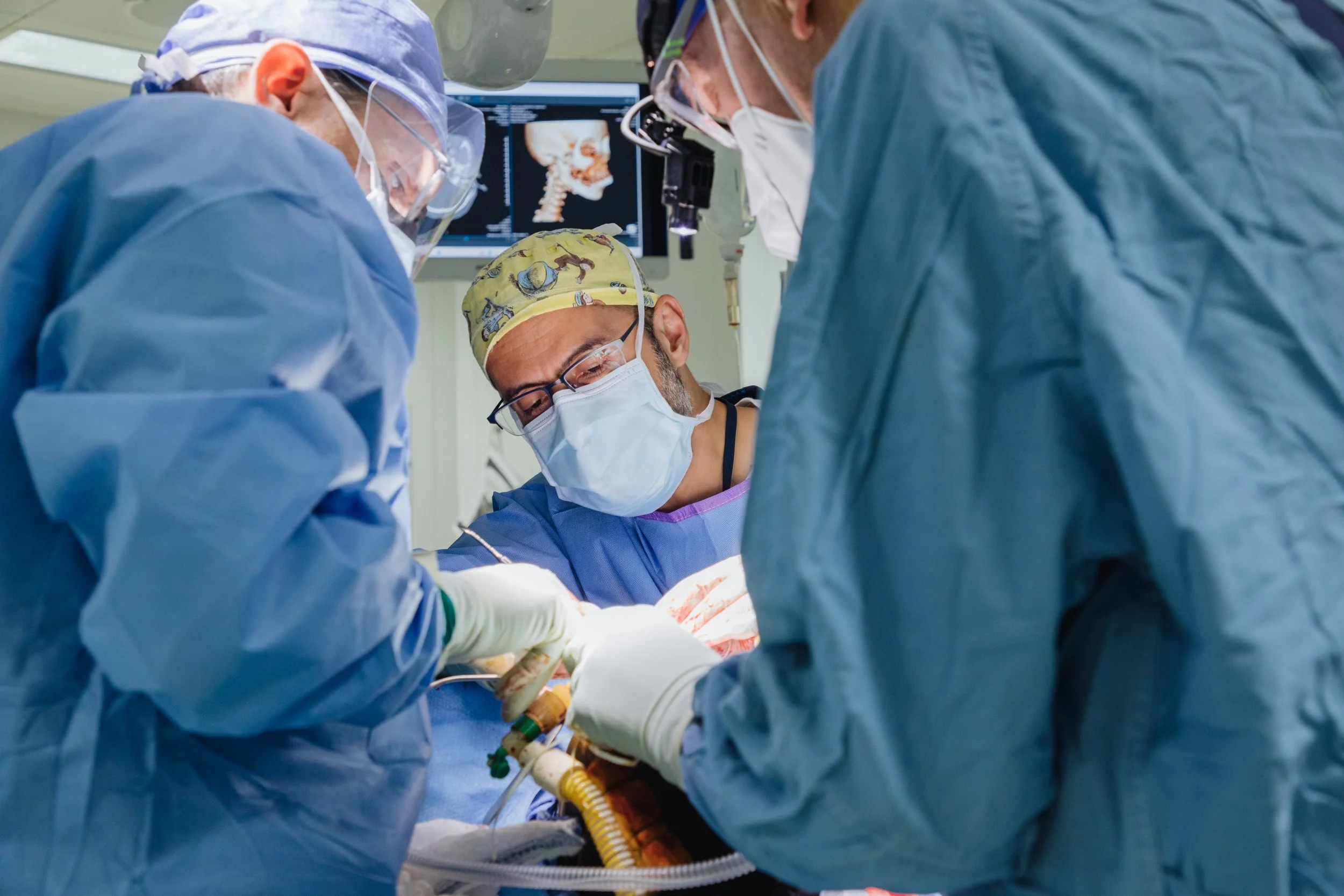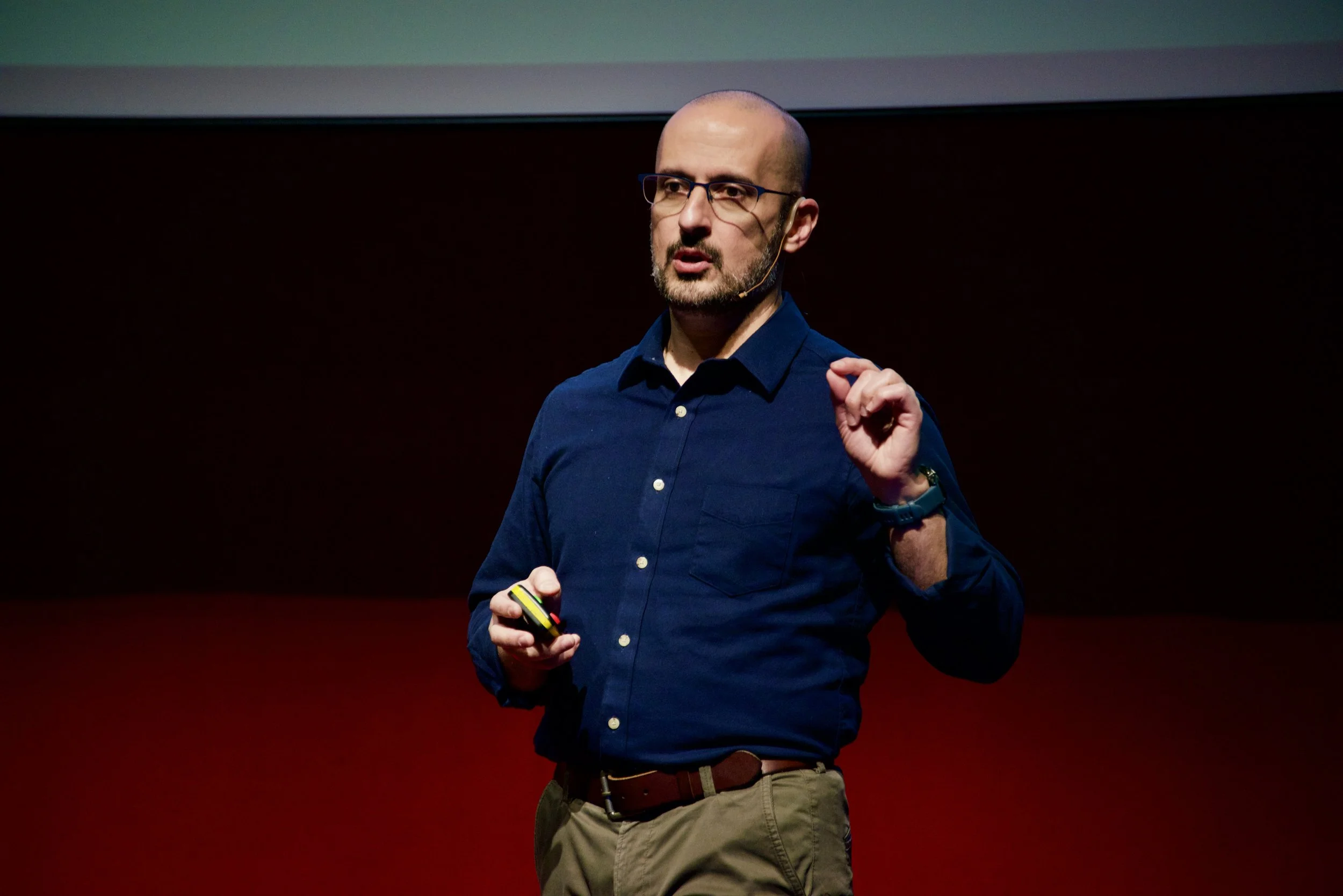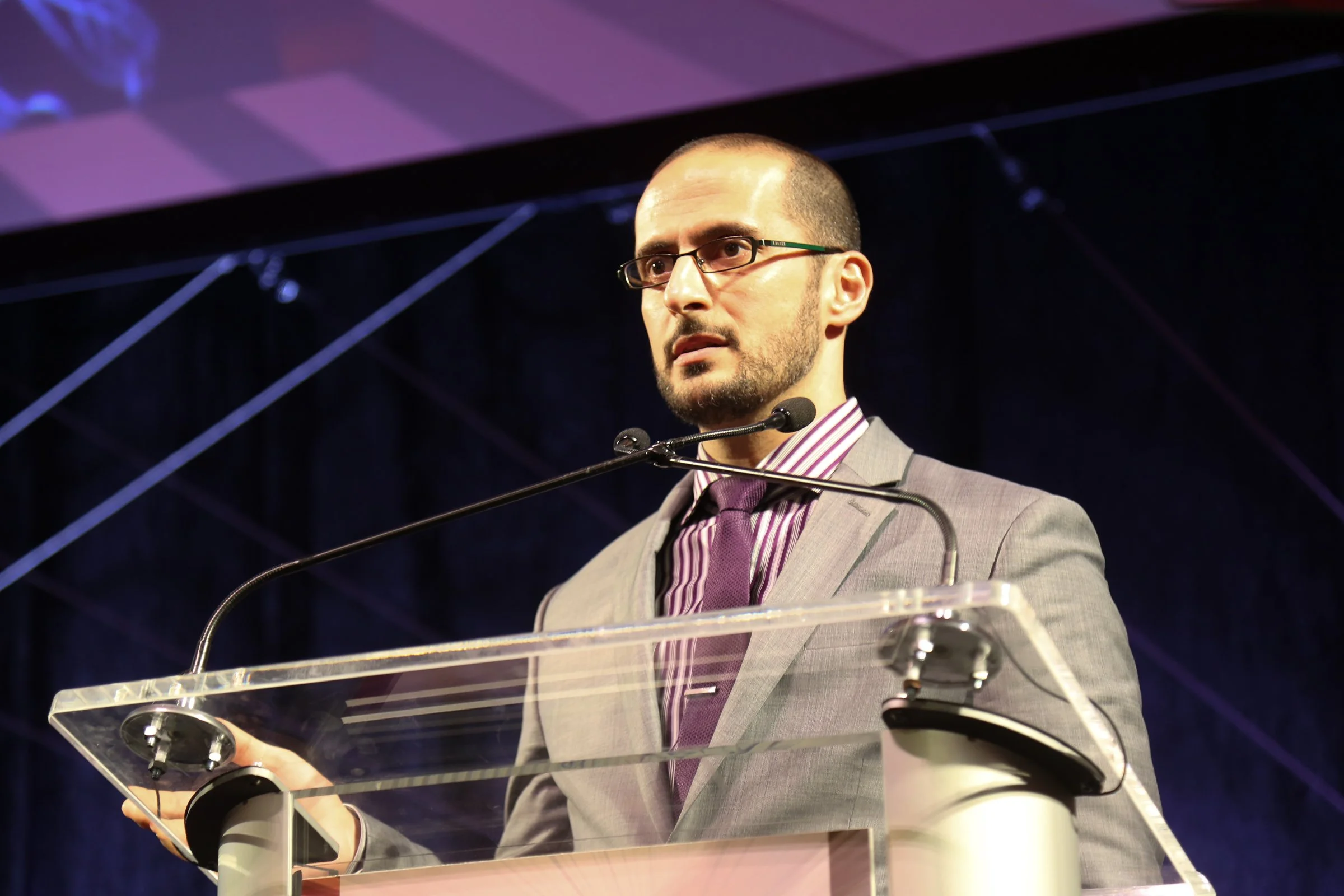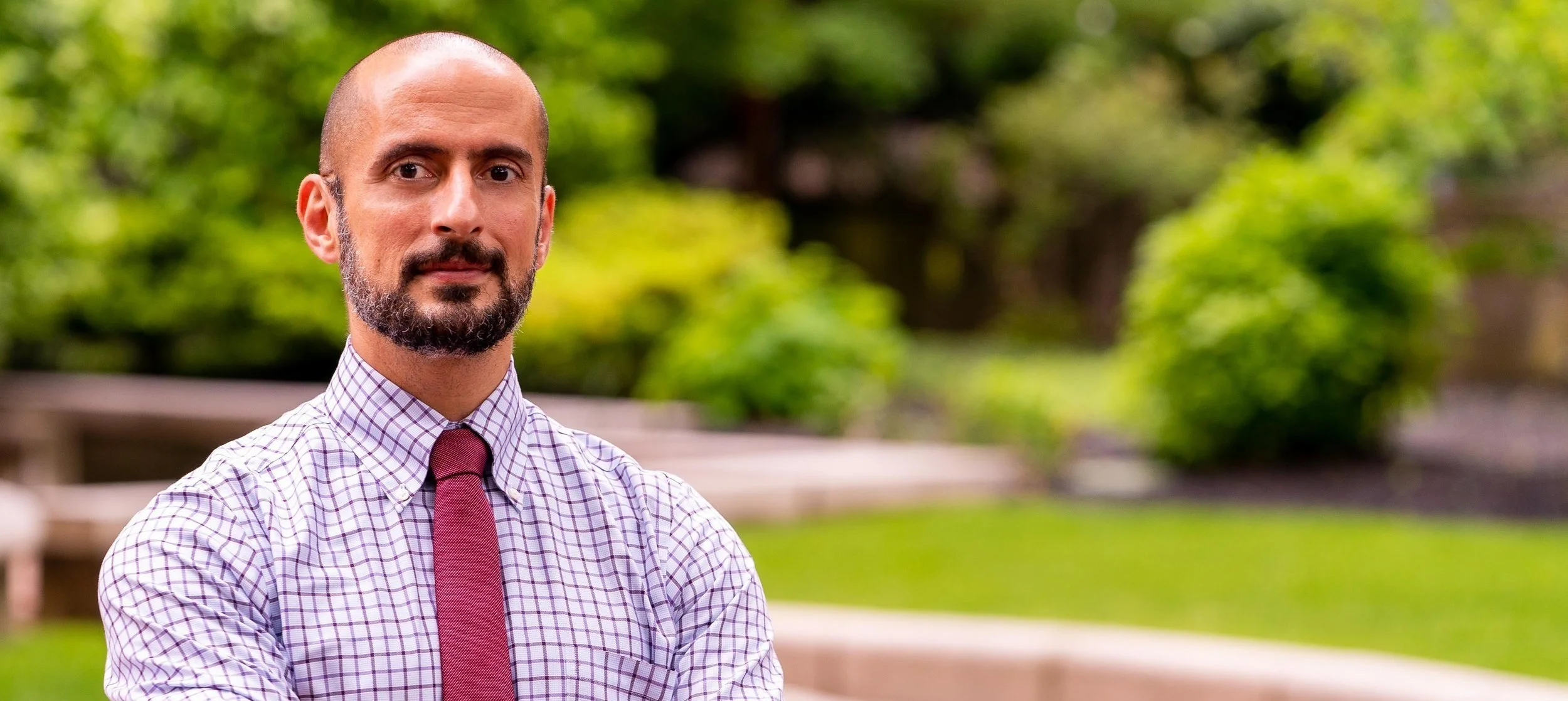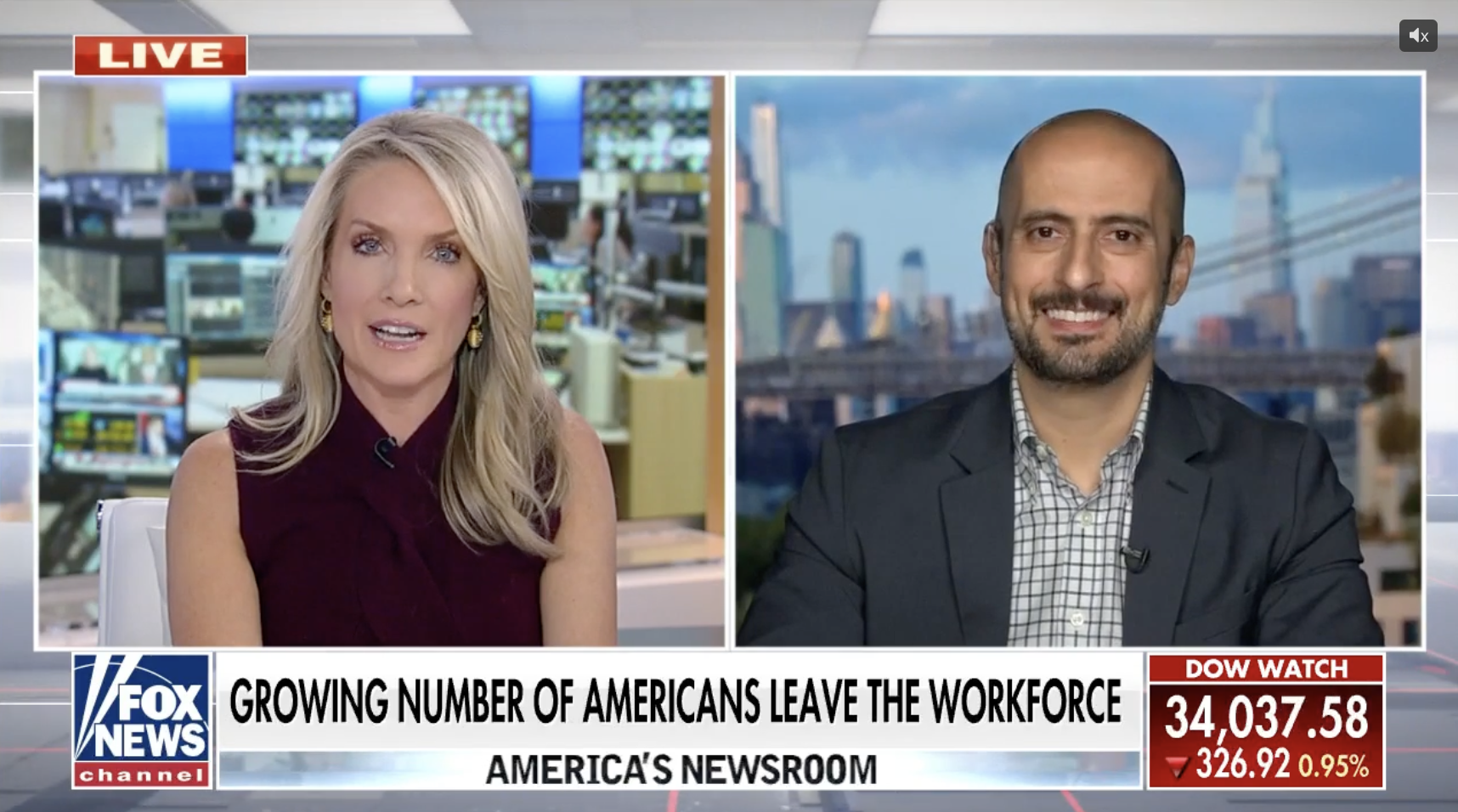Burnt out? Stuck? You’re not broken
I provide a concierge-level, decision-science backed, 360º approach that doesn’t teach you how to “deal with” your stuckness—it gets you to a life you’re in love with again. For good.
Hard Truth: What got you stuck won’t get you out.
I know. I’ve been there.
That’s why I built the Burnout Escape Plan, combining my PhD in the science of decision-making with personal burnout experience and over a decade of working with health professionals to create careers that they’re in love with
I do all this with you. Alongside you. Every step of the way.
There IS a way out of burnout. You don’t have to walk it alone.
World Class Support
Featured in…





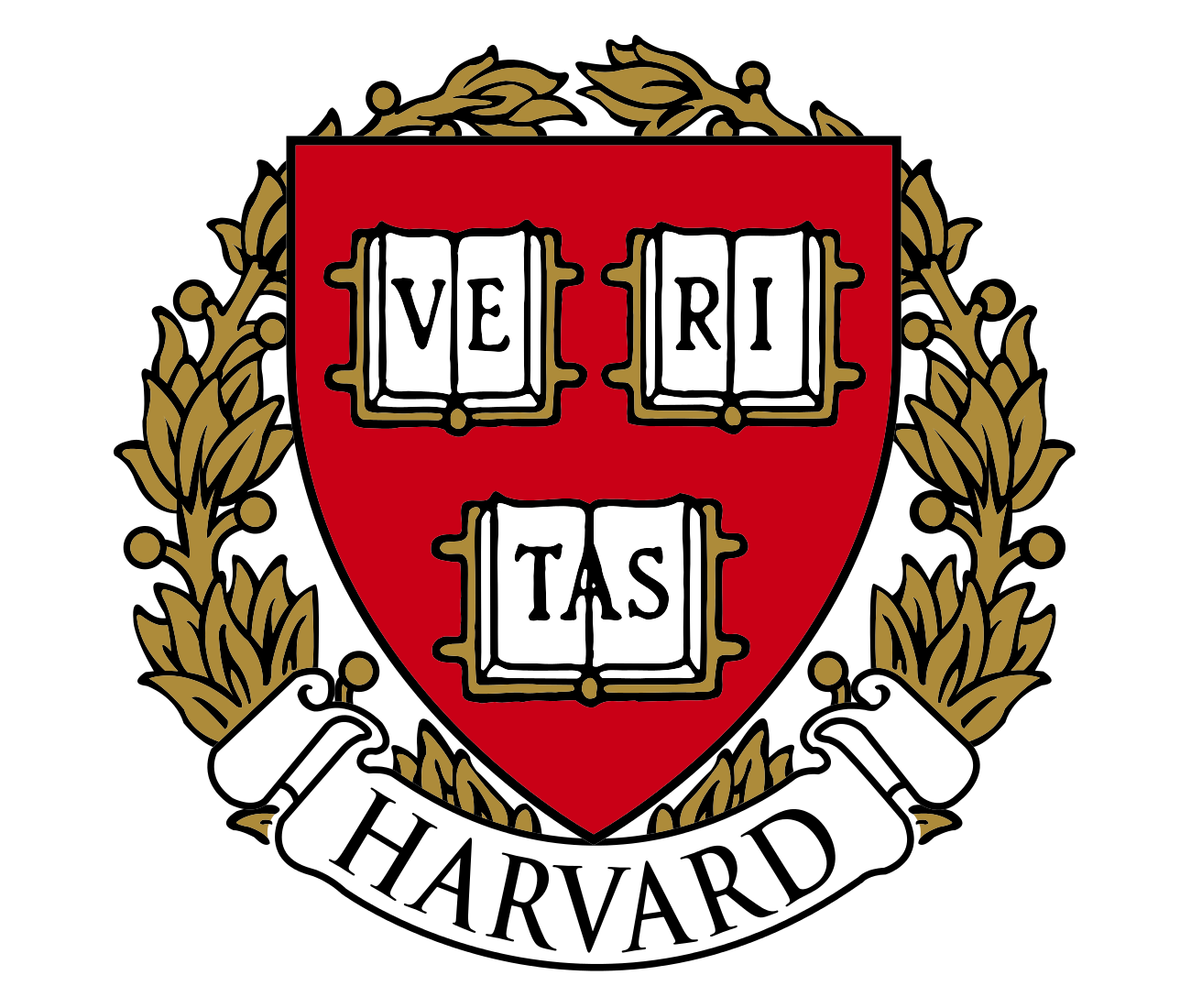








What I offer
Three programs that work together or as standalones to expertly guide you out of your burnout—caring for your physical, emotional, and professional wellbeing.
Answer One Hard Question
Four Weeks, One Answer
Whether it’s burnout, relationships, job choices…You bring your hardest question, we fix it.
Build Your
Burnout Escape Plan™
Eight Weeks, Absolute Clarity
You get out of the fog and into complete clarity about your next career move.
PLUS we build a step-by-step, month-by-month plan that takes you from here to there, all using science-based decision tools
Work With Me 1:1 To Put Your Plan Into Action
Ten Months, A Custom-Built Life
You get:
✓ Everything in the Burnout Escape Plan™ PLUS…
✓ Work directly, 1:1, with me to not only build your plan, but put it into action
Who am I?
I am a surgeon, author, TEDx speaker, coach, and cat dad who bridges the worlds of medicine and human potential. I bring elite medical and academic credentials to my coaching practice, where I help high-achievers navigate burnout, and life's most challenging decisions.
I've operated and taught across three continents—from Haiti to Madagascar—which has given me a firsthand look how people make life-altering decisions under pressure.
That led me to a PhD in the science of decision-making, where I studied how we actually make choices when the stakes are highest.
And in all that, I burned myself out. Three times.
The combination of clinical and personal experience—plus decision science expertise—forms the foundation of my coaching practice.
When I'm not in the operating room or coaching clients, you'll find me rock climbing, competing on American Ninja Warrior (Seasons 8, 9, and 11), or behind a camera. I approach challenges—whether surgical, personal, or athletic—with the same curiosity and precision.
If you're ready to move from surviving to thriving, building a life you’re actually in love with again, let’s go!
What Others Are Saying…
Download My Free Resource
The Anatomy of a Good Decision

